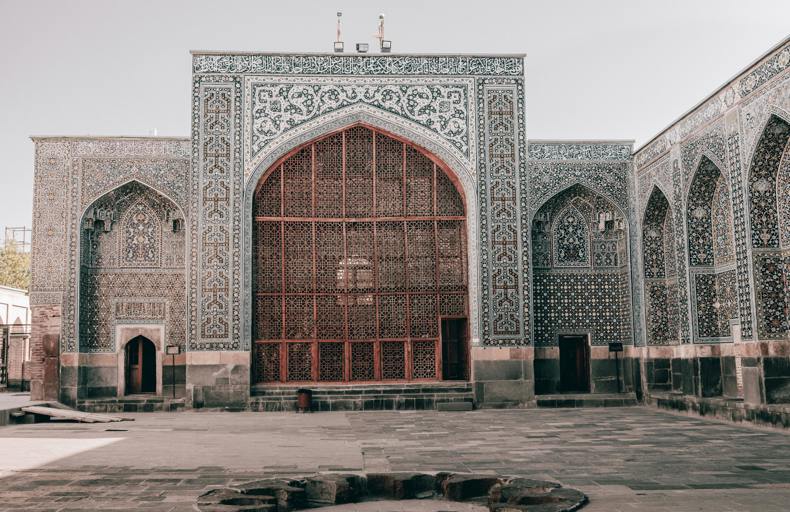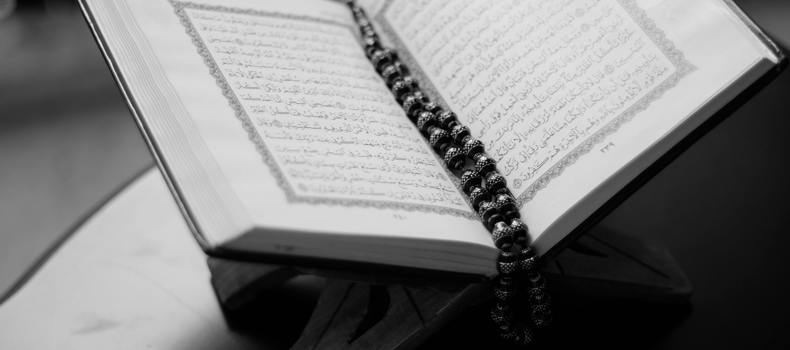Big changes ahead. Stay tuned!
Big changes ahead. Stay tuned!
Nothing here
Start typing to search
Searching..
Nothing matches
There are no matching results.
Sorry!
There has been an error.
Big changes ahead. Stay tuned!
Big changes ahead. Stay tuned!
Nothing here
Start typing to search
Searching..
Nothing matches
There are no matching results.
Sorry!
There has been an error.

Islamic Waqf covers many aspects of life:
In Islam, Waqf encompasses a broad range of areas covering various aspects of life, including:
1. Waqf for building mosques:
The companions of the Prophet Muhammad (peace be upon him) contributed to Waqf for mosques. Anas bin Malik (may Allah be pleased with him) reported about the site of a mosque that belonged to Banu al-Najjar [tribe], and the Prophet (peace be upon him) said, "O Banu al-Najjar, name a price for your land." They said, "We do not want its price except from Allah." The land was then prepared and a mosque was built on it. The Prophet (peace be upon him) said a prayer while they were building the mosque, "O Allah, the real life is the life of the Hereafter, so forgive the Ansar and the Muhajireen."
2. Waqf for striving in the way of Allah:
The companion Umar (may Allah be pleased with him) said "the properties abandoned by the Banu Nadir [tribe] were among what Allah bestowed upon His Messenger for which no expedition was undertaken either with cavalry or camelry; so they belonged especially to Allah’s Messenger who gave his family their annual contribution, then applied what remained for weapons and horses as equipment in Allah‘s path” (Hadith, Bukhari and Muslim).
The companion Khalid (may Allah be pleased with him), reserved his armament and equipment for the cause of Allah.
King Al-Muzaffar Taqi al-Din Umar, the ruler of Hama, made Waqf for a group of cavalry and infantry, stipulating that they be stationed at the nearest ports to Damascus. They patrolled the Mediterranean coasts until, after the Muslims settled in Beirut (following the defeat and expulsion of the Crusaders) the Muslim army settled there.

3. Waqf for marriage:
Waqf has traditionally been established to facilitate marriage for Muslims, providing newlyweds with furniture, utensils, and similar household items as they set up a new home together.
There was also a bridal Waqf for lending jewellery and adornments for weddings and celebrations which poorer members of the community could borrow at the time of celebration and then return.
4. Waqf to lift people out of poverty:
This Waqf tradition endowed land, businesses and water resources to help improve the lives and sustainable livelihoods of poorer communities.
5. Waqf for education:
This Waqf served scholars and students and through it many libraries and knowledge centres proliferated, schools and their facilities were established, as well as other services.
Investment Waqfs were also established to support educational institutions by yielding profits that were used to maintain and develop them.
6. Healthcare:
Muslims were concerned with the healthcare sector, establishing hospitals and healthcare homes endowed for Muslims. An example of this is the Waqf established during the reign of Al-Walid bin Abdul Malik, dedicated to treating leprosy patients, equipped with specialised doctors, providing sustenance and salaries for the workers.
7. Waqf for Animals:
Among the unique aspects of Waqf was the care and provision for animals, including Waqfs for stray dogs. Revenue from animal Waqfs was spent on feeding dogs without owners, saving them from hunger and sickness.